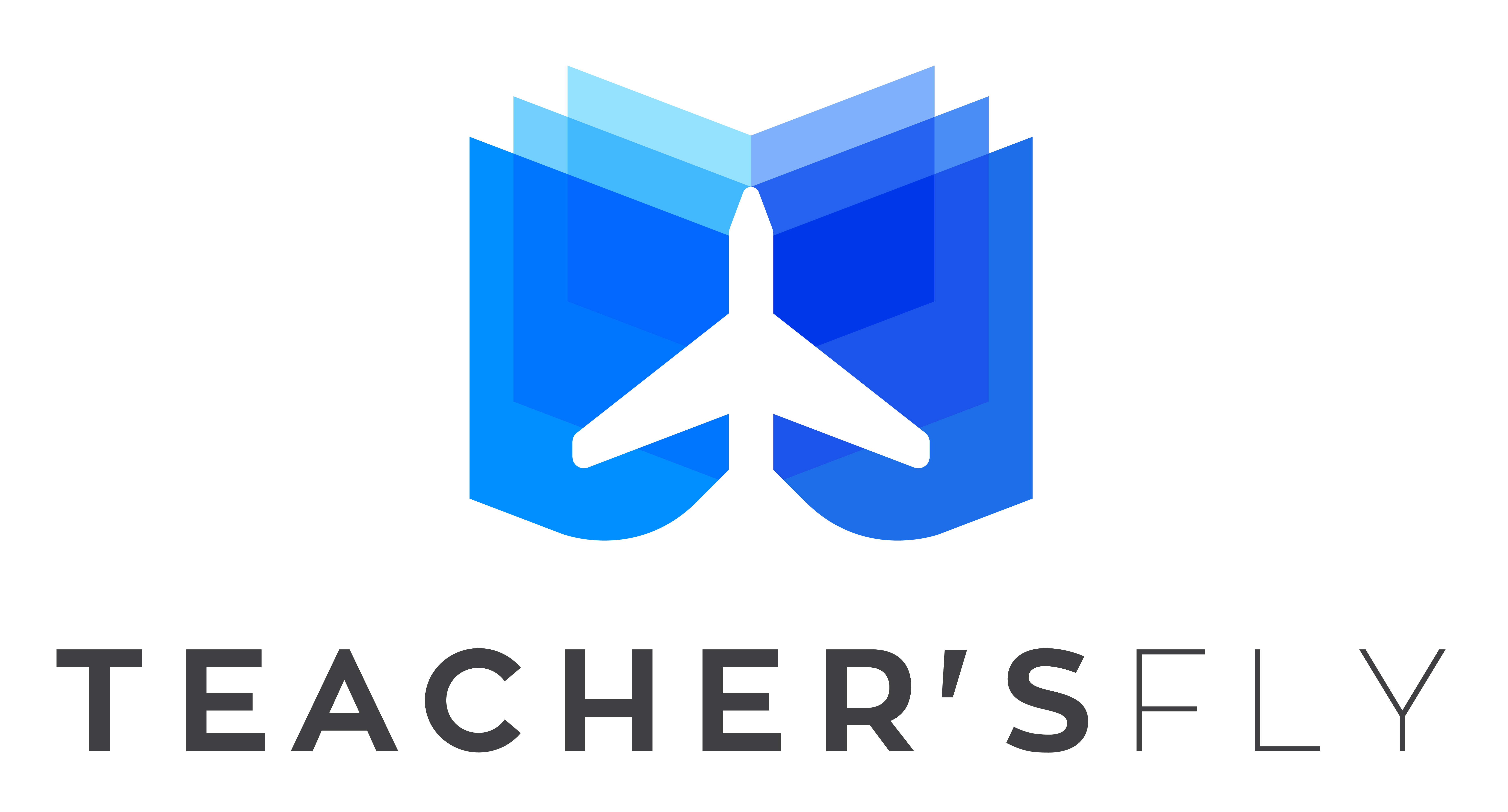
28 Apr Search Tools Your Students (And You?) Are Probably Overlooking
AI search tools like ChatGPT infused into Bing and Google’s Bard are getting a lot of attention right now. But when it’s time to search most students still default to Google.com. Unfortunately, by relying on just Google.com and trendy AI search tools students are missing out on a lot of excellent excellent and helpful material. That’s why we need to introduce our students to lesser-known search tools and databases that they’re probably overlooking.
There are many alternatives to Google.com, ChatGPT, and Bard that students can try. One that I’ll always make a case for is Google Scholar. Here are some others that I frequently recommend and teach students and teachers to use.
Your School Library!
There’s a good chance that your school library and or local public library pays for a subscription to a database of academic articles. A few examples of those include JSTOR, Academic Search Premier, and ScienceDirect. The librarians in your school and public libraries will be happy, perhaps thrilled that you asked, to show your students how to access those databases through a library login.
In addition to the aforementioned subscription-required databases, there are free databases that your students can use in their research processes. Some popular choices include ERIC and Semantic Scholar.
Wolfram Alpha
Wolfram Alpha bills itself as a computational search engine. It’s probably best known for helping students solve math problems as they can enter a problem and be shown the steps to solve it. An often overlooked aspect of Wolfram Alpha is the ability to enter a query and see a fact sheet displayed about the subject of the query. For example, entering “Martin Luther King” into Wolfram Alpha will result in seeing a fact sheet containing a list of key biographical facts about King’s life. Enter “Martin Luther King” and “John F. Kennedy” as part of the same query on Wolfram Alpha and you’ll see a side-by-side display of fact sheets about each man and see a timeline of where their lives overlapped. For students who need to quickly find just the basic facts about a topic, a query on Wolfram Alpha often leads them to the information they need faster than entering the same query on Google.com
Get The Research
Get The Research is a fairly small search engine that is focused on helping people find academic articles. A search on Get The Research will yield a small summary of the searched topic and a list of published academic articles. The articles in the search results will be a mix of open-access articles and paywalled articles. You can filter results to show only open-access articles.
DuckDuckGo
DuckDuckGo is increasing in popularity because of its claim to offer private, untracked searching. Whereas Google and Bing will track your search history (through users’ Google or Microsoft accounts and or via browser settings), DuckDuckGo doesn’t track search history. There is a potential benefit to students using DuckDuckGo in addition to the privacy aspect. By not tracking search habits, DuckDuckGo’s search results are not influenced by a user’s past search and click histories. This has the potential to break students out of a bubble of results that are influenced by their past actions.
Learn how to make more money this year by creating and selling your own digital products. Enroll in How to Create & Sell Your Own Digital Products today!
AI search tools like ChatGPT infused into Bing and Google’s Bard are getting a lot of attention right now. But when it’s time to search most students still default to Google.com. Unfortunately, by relying on just Google.com and trendy AI search tools students are missing out on a lot of excellent excellent and helpful material. That’s why we need to introduce our students to lesser-known search tools and databases that they’re probably overlooking. There are many alternatives to Google.com, ChatGPT, and Bard that students can try. One that I’ll always make a case for is Google Scholar. Here are some others that I frequently recommend and teach students and teachers to use. Your School Library!There’s a good chance that your school library and or local public library pays for a subscription to a database of academic articles. A few examples of those include JSTOR, Academic Search Premier, and ScienceDirect. The librarians in your school and public libraries will be happy, perhaps thrilled that you asked, to show your students how to access those databases through a library login.In addition to the aforementioned subscription-required databases, there are free databases that your students can use in their research processes. Some popular choices include ERIC and Semantic Scholar. Wolfram AlphaWolfram Alpha bills itself as a computational search engine. It’s probably best known for helping students solve math problems as they can enter a problem and be shown the steps to solve it. An often overlooked aspect of Wolfram Alpha is the ability to enter a query and see a fact sheet displayed about the subject of the query. For example, entering “Martin Luther King” into Wolfram Alpha will result in seeing a fact sheet containing a list of key biographical facts about King’s life. Enter “Martin Luther King” and “John F. Kennedy” as part of the same query on Wolfram Alpha and you’ll see a side-by-side display of fact sheets about each man and see a timeline of where their lives overlapped. For students who need to quickly find just the basic facts about a topic, a query on Wolfram Alpha often leads them to the information they need faster than entering the same query on Google.comGet The ResearchGet The Research is a fairly small search engine that is focused on helping people find academic articles. A search on Get The Research will yield a small summary of the searched topic and a list of published academic articles. The articles in the search results will be a mix of open-access articles and paywalled articles. You can filter results to show only open-access articles.DuckDuckGoDuckDuckGo is increasing in popularity because of its claim to offer private, untracked searching. Whereas Google and Bing will track your search history (through users’ Google or Microsoft accounts and or via browser settings), DuckDuckGo doesn’t track search history. There is a potential benefit to students using DuckDuckGo in addition to the privacy aspect. By not tracking search habits, DuckDuckGo’s search results are not influenced by a user’s past search and click histories. This has the potential to break students out of a bubble of results that are influenced by their past actions.
Learn how to make more money this year by creating and selling your own digital products. Enroll in How to Create & Sell Your Own Digital Products today! Free Technology For Teachers, Google scholar, how to, research tools, search, search strategies, search toolsRead More
Free Technology For Teachers, Google scholar, how to, research tools, search, search strategies, search toolsRead More


Sorry, the comment form is closed at this time.